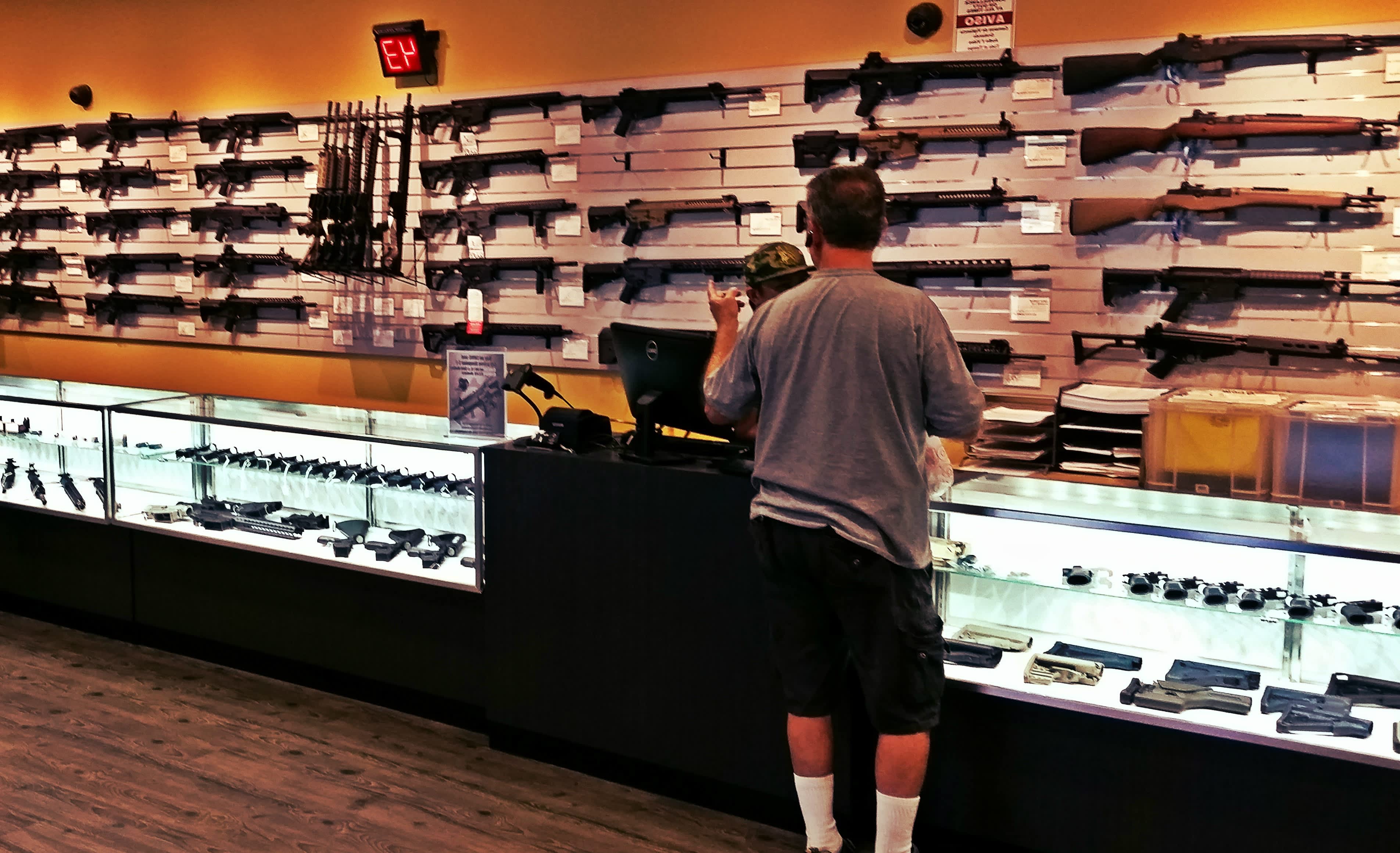Buying and Selling a Firearm: What is an FFL?
OutdoorHub 02.22.16

Are you planning a gun purchase? Many of our readers are already familiar with the process with buying and selling firearms, but what if you’re a first-time gun buyer? The prospect of purchasing a gun can be intimidating, especially if you don’t know how the process works. In this multi-part series, we’ll explore the very basics to buying and selling guns, and why it’s not as complicated as it sounds. Step by step, we will take a look at what an FFL is, how to conduct private sales, how gun shows work, what you should know about online or interstate sales, as well as gifting a firearm. Purchasing or selling a firearm should not be stressful, but there are plenty of things to learn about beforehand, such as background checks. Don’t let what you hear on the news fool you, gun buyers do have to go through background checks, whether they are at a shop or a gun show.
As the title suggests, this part focuses on the FFL. Even if you’re new to the concept of purchasing or selling a firearm, you might have heard this abbreviation before. So what is it and why is it important? Well, FFL stands for Federal Firearms License. Established to implement the Federal Firearms Act of 1938, there are several types of FFLs, ranging from Type 1 to Type 11. Generally, all firearm manufacturers and dealers who ship or receive guns and ammunition require an FFL to conduct business, and it forbids them from transferring these items to a customer unless certain conditions are met.
Okay, so why is it important to the average gun buyer? This is where background checks come in. FFL dealers have to abide by a strict set of rules and regulations, including validating the customer’s identity. Before you are able to complete your purchase of a firearm, federal law requires that you have a photo ID and to fill out ATF Form 4473, otherwise known as the Firearms Transaction Record. The FFL holder needs to have a log of these forms to show to the Bureau of Alcohol, Tobacco, Firearms and Explosives if necessary. After filling out the form, the FFL will then run a personal background check on you through the federal system, called the National Instant Criminal Background Check System (NICS). The NICS provides the dealer with status on your application: approve, deny, or delay. The process can be very quick, but this is not always guaranteed.
There can be any number of reasons why an application can be delayed, and it does not always mean that you have been denied for gun ownership. It simply means that the NICS, which is operated by the FBI, needs more information before either approving or denying your application. For example, if your name or information is similar to someone who is prohibited from owning a firearm, then your application may be delayed. Your FFL dealer will inform you when the background check is completed. The NICS is afforded three days to complete its research. If the delay takes too long, you can file an appeal on it, although the FBI recommends waiting 30 days beforehand.
A denial means you will not be able to purchase a firearm. If you are still interested in completing the purchase, find out why your application is denied. There is an appeal process for denials, and according to the National Rifle Association (NRA), a significant number of cases result in the decision being ultimately overturned. So if you think your denial was made in error, it is worth fighting it.
Lastly, an approval means that you are able to complete your firearm purchase and an authorization code will be marked on your paperwork.
That’s it. The process may seem daunting for first-time gun buyers, but it is really simple. If there’s anything you don’t understand, be sure to ask your FFL dealer and they will be able to guide you through the process.
It should be noted that at one time, gun control supporters actually opposed the NICS system in favor of a much longer waiting period on handgun purchases—up to five days! The NRA instead supported an instant national background check system, although the technology was only in its infancy at the time, and helped to get it passed.
To learn more about state and federal firearm laws, visit nraila.com. The NRA’s Institute for Legislative Action website has a detailed list of laws and regulations for every state, as well as up-to-date news on firearm-related issues. If you’re curious about how to transport your guns across state lines, or in what establishments you can carry a concealed firearm, the NRA-ILA website will offer a wealth of information.

